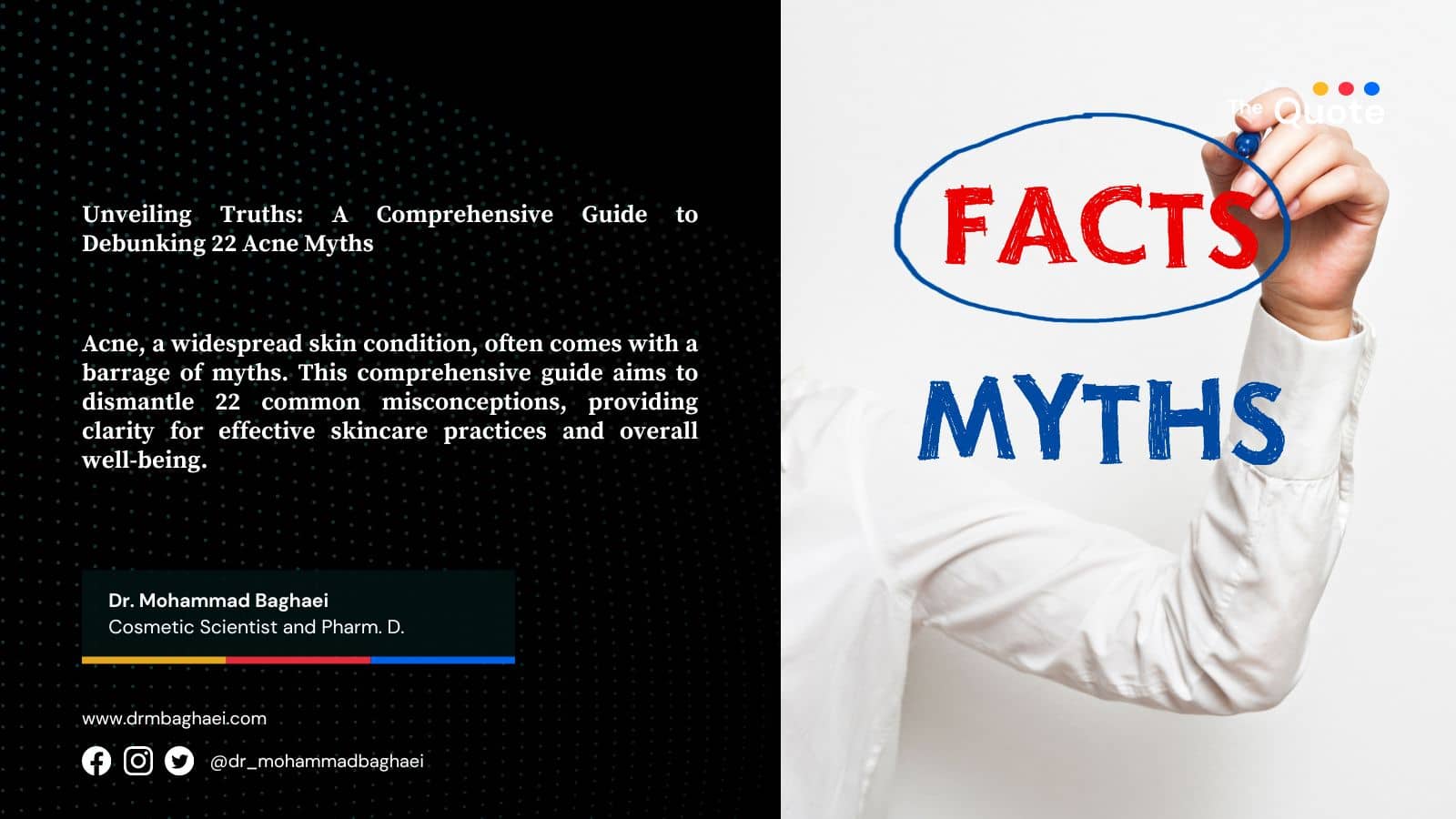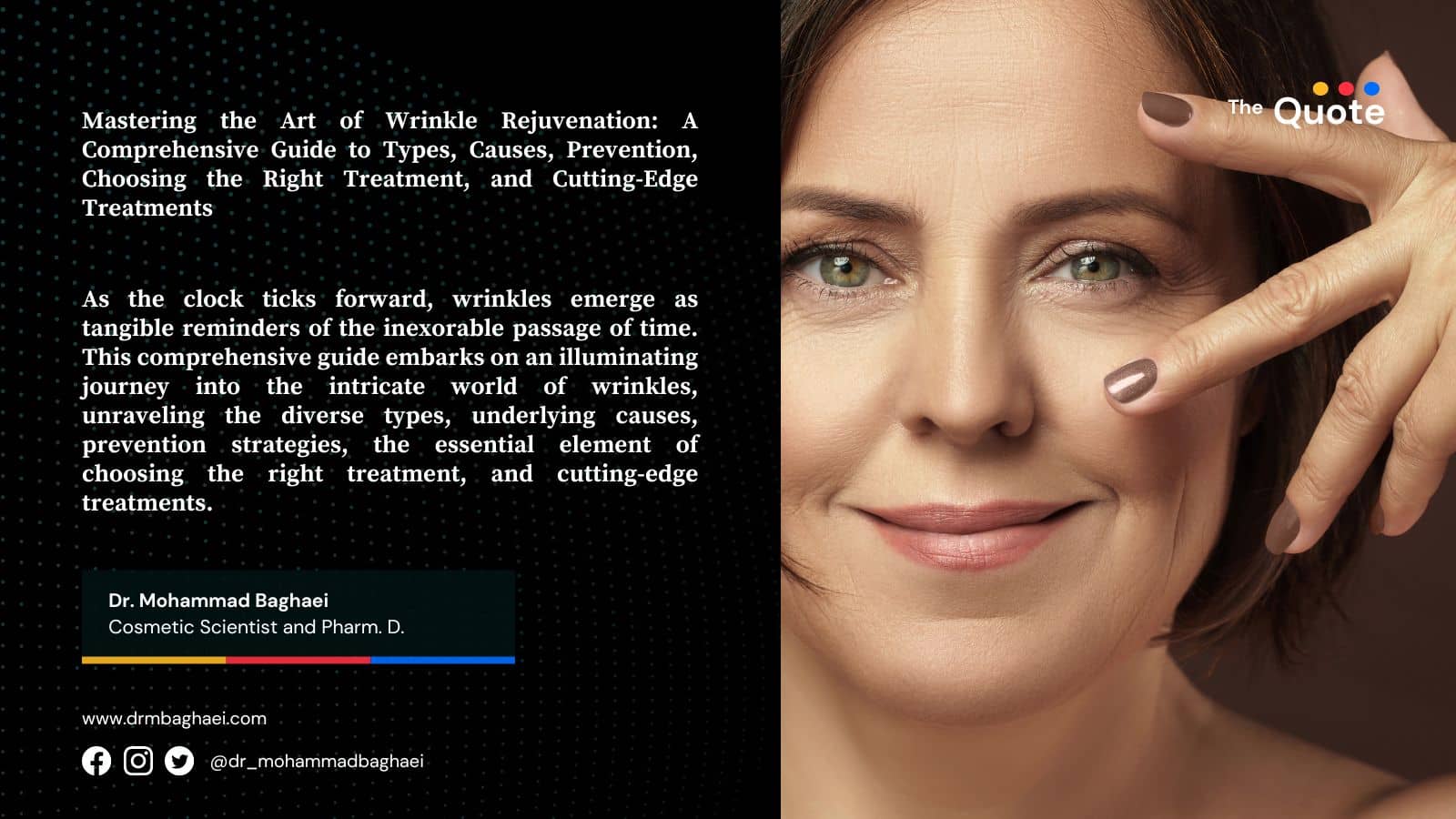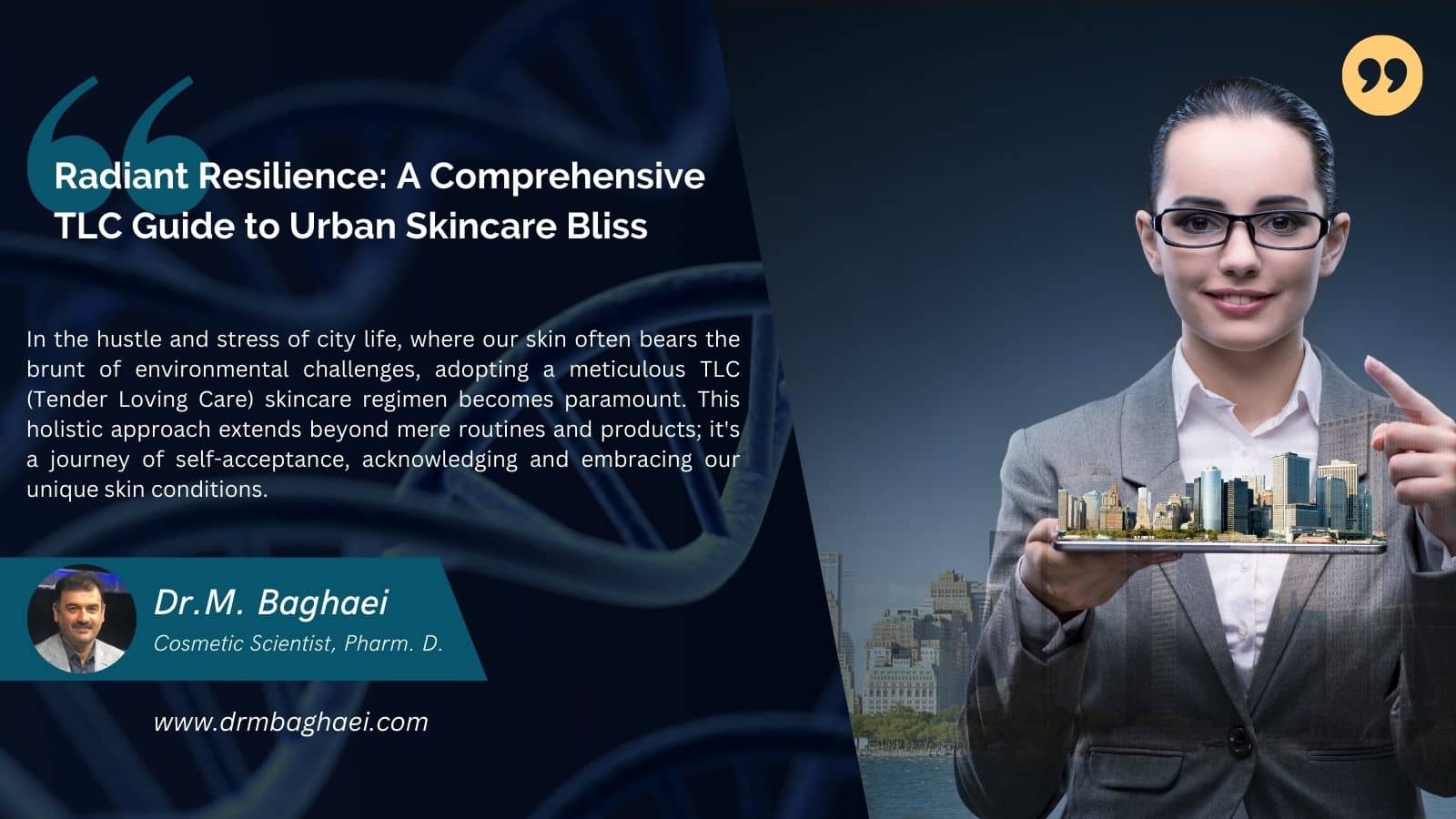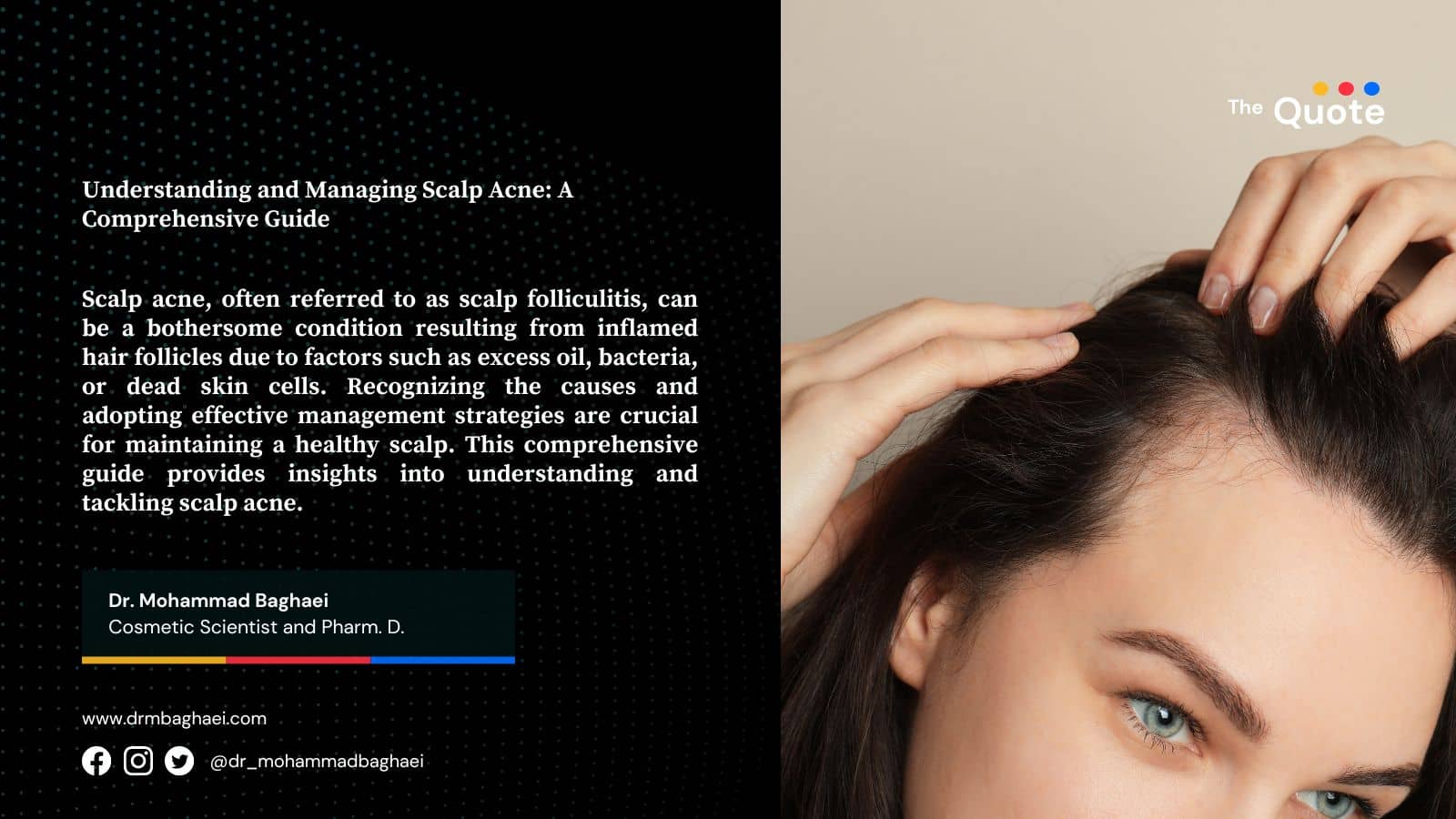Acne, a widespread skin condition, often comes with a barrage of myths. This comprehensive guide aims to dismantle 22 common misconceptions, providing clarity for effective skincare practices and overall well-being.
- Only Teens Get Acne:
Contrary to popular belief, adults, both men and women, can experience acne. It spans across age groups, affecting about 30% of adults.
- Washing Your Face More Helps:
While proper cleansing is essential, washing your face more than twice a day can do more harm than good. A balanced cleansing routine is key to maintaining skin health.
- It’s OK to Pop Your Pimples:
Popping pimples can trigger inflammation and lead to acne scars. Opting for targeted spot treatments with ingredients like salicylic acid is a safer approach.
- Sun and Tanning Beds Clear Up Acne:
Prolonged sun exposure can worsen acne and increase the risk of skin cancer. Clearing acne requires a comprehensive skincare routine, not just sun exposure.
- Toothpaste Can Clear a Pimple:
Toothpaste contains fluorides that can worsen acne. Instead, choose spot treatments specifically formulated to address acne without causing harm.
- Pores Open and Close:
Contrary to the belief that pores have muscles and open/close, steam can temporarily clear them, making them appear smaller. However, long-term changes require consistent skincare.
- Dirty Skin Causes Acne:
Acne is not caused by uncleanliness. Proper cleansing twice a day is sufficient to remove bacteria and surface oil.
- Greasy Food Causes Acne:
Scientifically, there’s no evidence linking specific foods like chocolate and fries to acne. A balanced diet contributes to overall well-being but doesn’t singularly cause acne.
- Exfoliate as Much as Possible:
Harsh exfoliation can inflame acne. A gentle approach with suitable products is more effective for maintaining skin health.
- Acne Only Affects People with Oily Skin:
People with all skin types can develop acne. Effective skincare is about understanding your skin’s unique needs.
- Makeup Causes Acne:
Makeup itself isn’t the culprit. Opt for oil-free, lightweight products and ensure thorough makeup removal before bedtime.
- Acne Will Go Away on Its Own:
Acne is chronic and requires ongoing management. Without treatment, it can progress and worsen.
- Acne Is Solely a Cosmetic Issue:
Beyond affecting skin appearance, acne can have psychological and emotional impacts, influencing self-esteem.
- Only Facial Acne Matters:
Acne can manifest on various body parts, including the back, chest, and buttocks. Addressing acne comprehensively involves caring for the entire body.
- Acne Is Contagious:
Acne doesn’t spread through contact. It results from a combination of genetic, hormonal, and environmental factors.
- Using More Acne Products Is Better:
A targeted, consistent approach with the right products is more effective than overwhelming the skin with numerous products.
- Acne Is Caused by Poor Diet Alone:
While a healthy diet contributes to overall well-being, acne is influenced by genetics and hormonal fluctuations.
- Acne Is a Result of Not Drinking Enough Water:
While hydration is crucial, water intake alone isn’t the sole cause of acne. Balanced skincare practices are essential.
- Only Women Get Hormonal Acne:
Hormonal acne can affect individuals of any gender. Understanding hormonal fluctuations is crucial for effective acne management.
- Moisturizing Is Essential in Any Acne Skincare Routine:
Skipping moisturizer can trigger excess oil production. Choosing lightweight, non-comedogenic moisturizers contributes to balanced skincare.
- Stronger Doesn’t Mean Better:
A balanced approach with dermatologist-developed products is more effective than overusing harsh cleansing products and anti-acne actives.
- Dirt Doesn’t Cause Acne:
Acne is not caused by dirt. Proper cleansing without overdoing it is crucial for maintaining skin health.
Conclusion:
By debunking these 22 common myths about acne, we aim to provide individuals with accurate information for a more informed approach to skincare. Understanding the complexities of acne allows for effective management, promoting not just skin health but overall well-being.




